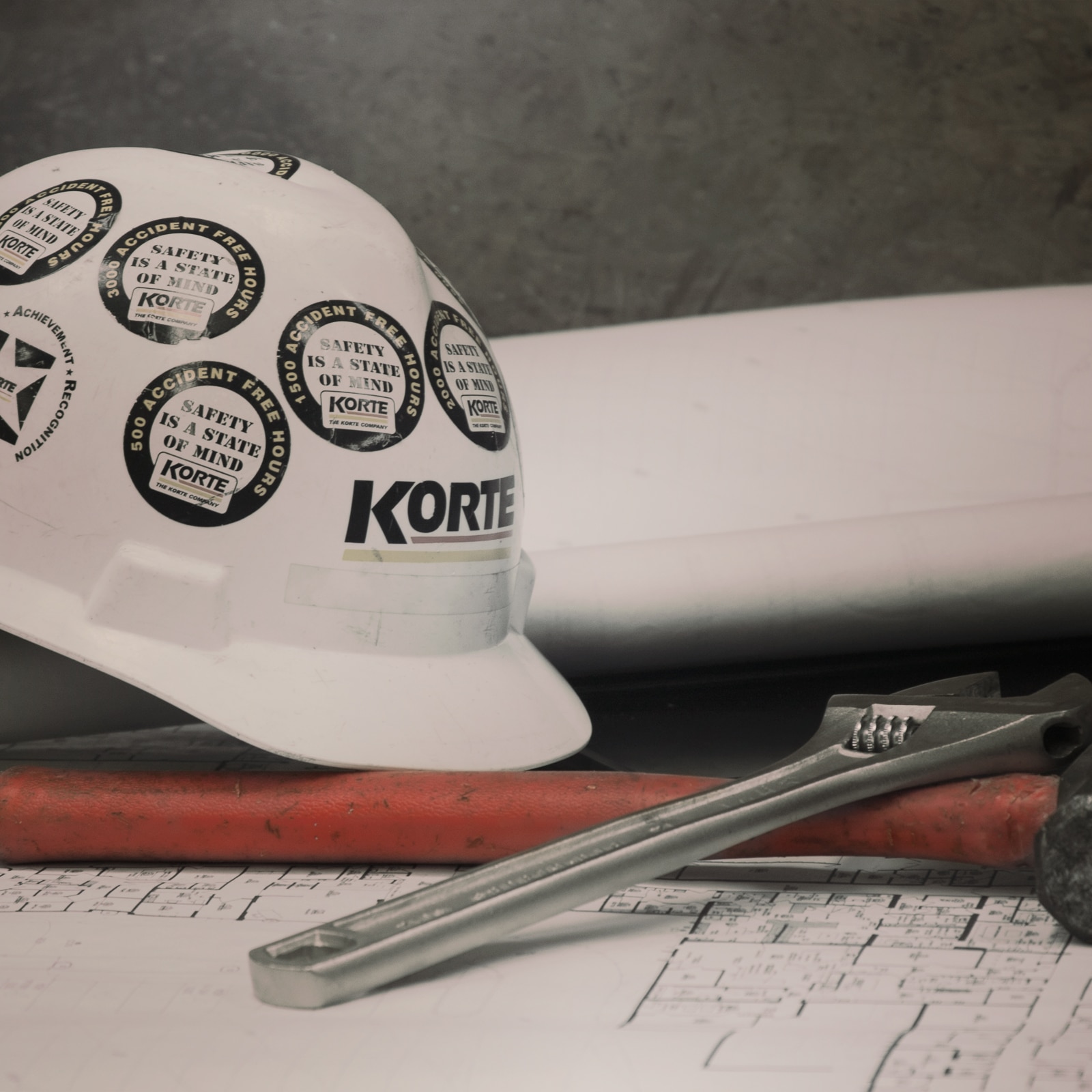The Wastewater Treatment Plant for the Anheuser-Busch facility in Jacksonville, Florida, included three separate structures, grit removal tanks, equalization tanks and four anaerobic reactor vessels. This facility contains over 4,200 cubic yards of concrete and 700 tons of reinforcing steel.
Jacksonville’s Anheuser-Busch brewery produces more than 125 million cases of beer each year, serving a large distribution market in Florida.
Beginning from the brewing phase all the way through packaging, the facility is constantly incorporating new innovations to use less and recycle more. Water conservation and recycling are at the top of that list.
Water from the brewing process is pumped to a Bio-Energy Recovery Systems facility adjacent to the plant. They add bacteria to the wastewater to generate methane, which is then recovered and used as fuel. It meets 20% of the facility’s energy requirements.
The remaining nutrient-rich water, approximately 650 million gallons, is directed into center pivot irrigation systems that water and fertilize the soil at two separate company-owned farms. These farms produce corn, sorghum and some ryegrasses.
Each farm contains runoff ponds used as natural filtering systems for treating wastewater before it is returned to the ecosystem. More than 150,000 native aquatic plants have been installed in the seven ponds. Thousands of bluegill, grass carp and channel catfish have been introduced, and fish reefs have been constructed for cover. The results have been beneficial to the local ecosystem and have helped promote wildlife conservation.
